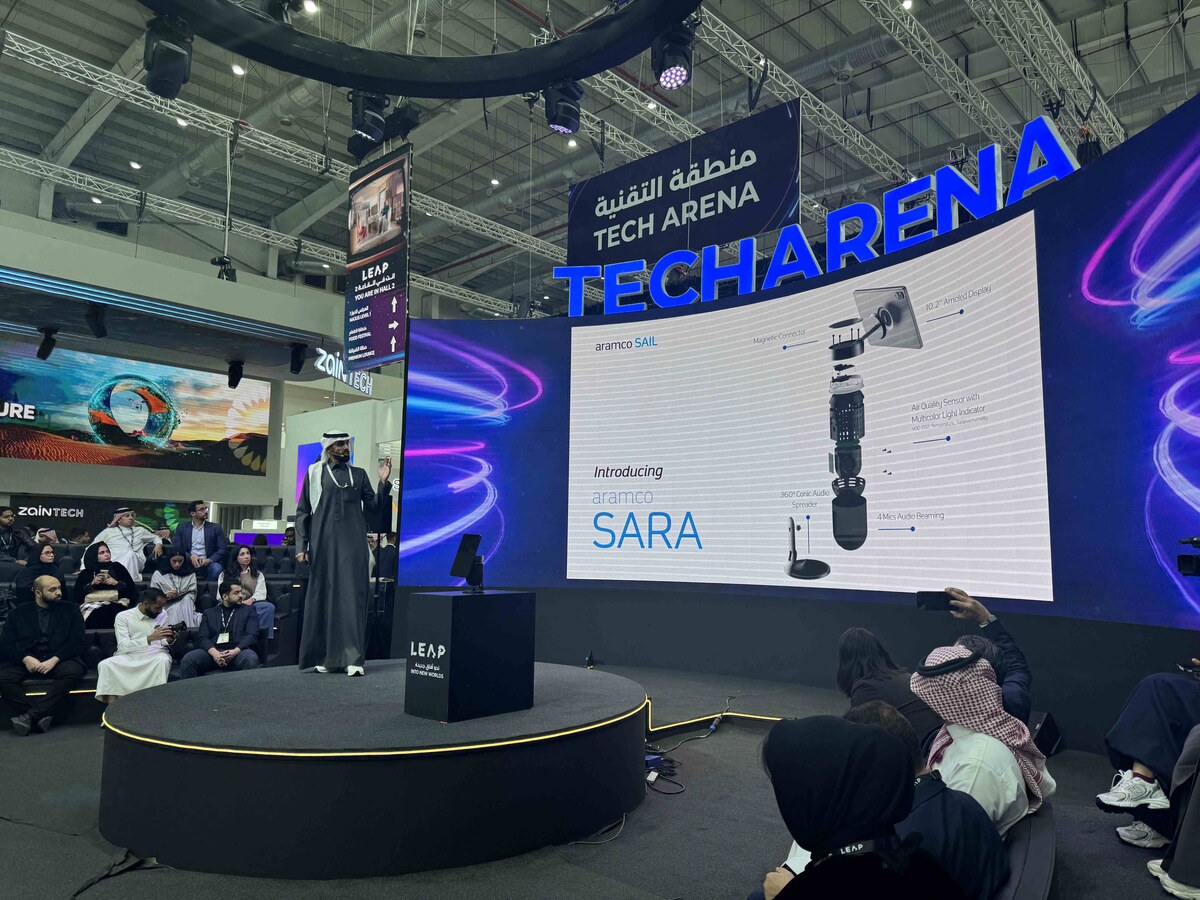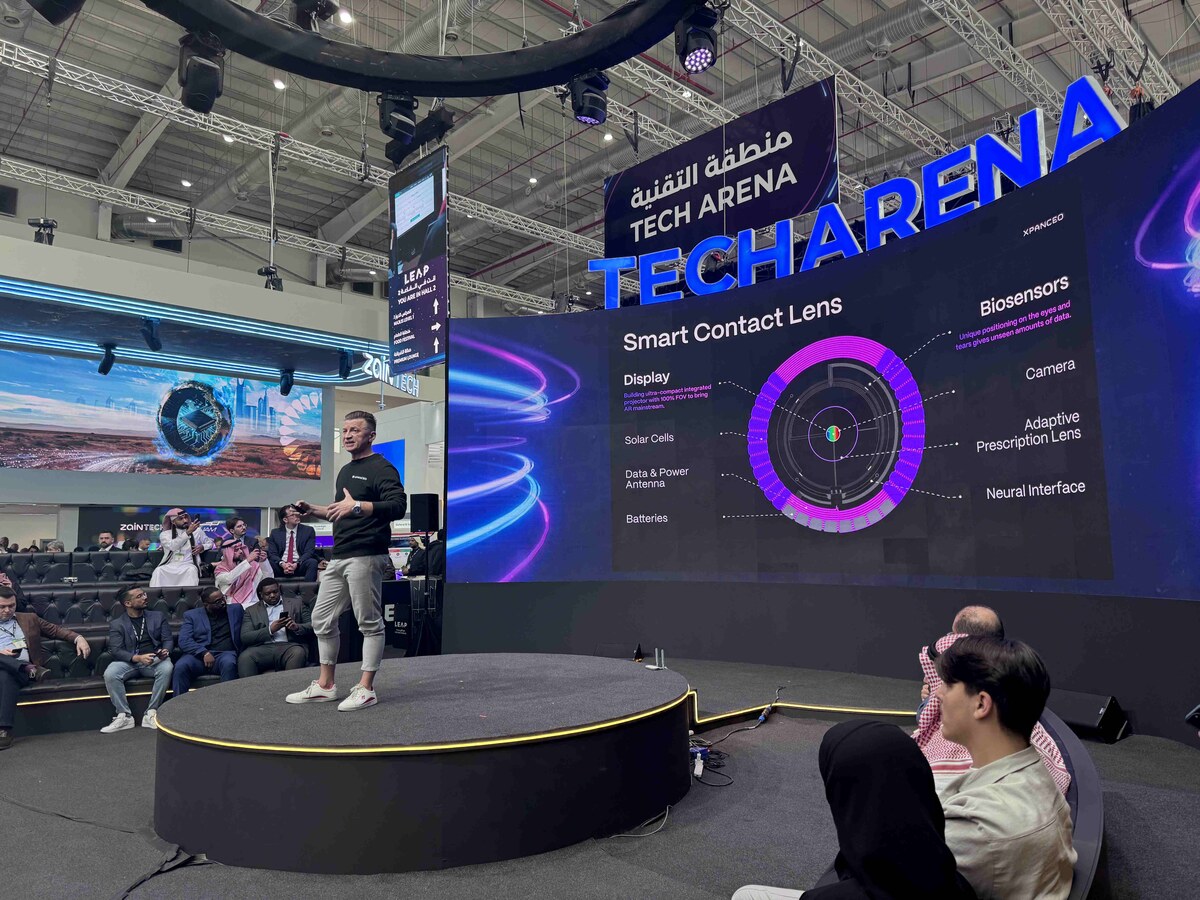RIYADH: Saudi Arabia’s Panda Retail Co. is set to open more than 20 new stores in 2025, maintaining its pace of expansion from the previous year, according to the company’s chief operating officer.
Speaking to Arab News at the Retail Leaders Circle Global Forum 2025 in Riyadh, Abdullah Al-Sabban said the company’s focus this year will be on expanding within Saudi Arabia, particularly in Riyadh and remote areas.
Panda’s expansion supports its goal of sustainable retail growth through innovation while highlighting the resilience of Saudi Arabia’s retail sector, which recorded SR37.4 billion ($9.97 billion) in sales in the third quarter of 2024 despite global economic challenges.
Retail sales in the Kingdom are forecast to reach $161.4 billion by 2028, while the e-commerce sector is projected to exceed $13.2 billion by 2025, according to data platform Statista.
“Our theme for this year is ‘expanovation.’ Expanding the sites, stores, and locations is very important. But we’re more focused on Saudi Arabia right now, more focused on Riyadh, and more focused on remote areas. We want to make sure that everybody deserves to have a Panda experience across the Kingdom,” Al-Sabban said.
Self-funded growth
Al-Sabban clarified that the company does not require external funding for its current expansion plans.
“When you’re talking about 20 stores a year, that’s not an area where you need to go and find funding and support,” he said.
“We want to ensure sustainable growth. We want to make sure we have the right number and continue growing at the same trend that we’ve been growing over the last year or two.”
He noted that securing funding would only be necessary if the company aimed to double in size.
“Today, we’re running at 200 plus stores. If you told me I want to grow to 400 in a year, then yes, we need to get a huge amount of money. But I think it has to be organic growth. You can’t just go and expand because if we expand all our stores, we also need to expand our supply chain, logistics, commercial operations, and trucks,” he said.
“We need to make sure that we don’t face failure as we expand in a very dramatic way. So, for now, we are going to keep it smooth and steady to ensure the right sustainability going forward,” he added.
Regarding a potential initial public offering, Al-Sabban said Panda is still assessing the right time and approach for such a move.
“IPO is a very critical situation, and it’s not easy to answer that, especially since we’re part of a bigger group in Savola. There are some thoughts, but we’re still discussing, negotiating, and understanding what would be the right time and approach for something like that,” Al-Sabban said.
He said that going public is challenging and timing is key, emphasizing the need to ensure that an IPO is the right move for the organization.
Market positioning
In addition to opening new locations, Panda is investing in upgrading its existing stores through its customer experience and innovation program called CXR.
He added: “We are running both projects simultaneously, ensuring we improve our existing stores while opening new ones. Hopefully, by the end of the year, we will have opened more than 20 stores in new locations.”
Addressing competition in the Saudi retail sector, Al-Sabban emphasized Panda’s long-standing presence in the market.
“We’ve been one of the oldest retailers in Saudi Arabia. We’ve introduced the hypermarket model in Saudi Arabia. So, we’ve been leading the market. We know our customers,” Al-Sabban said. “I think this is the challenge that people coming from outside will face — understanding the customer behavior and mindset.”
He noted that while international retailers entering Saudi Arabia are targeting specific segments, Panda serves a broad customer base.
“Each outside supermarket coming in is focusing on a certain segment of customers. We are focusing on everybody in Saudi Arabia, from premium all the way to different levels,” Al-Sabban said.
He noted that while building brand trust is a challenge for international players, Panda has already earned consumer confidence, with its loyalty program, boasting over 10 million users, reflecting a strong customer base.
Al-Sabban said Panda remains committed to maintaining competitive pricing. “On the other hand, we’re working with our suppliers to ensure we have the best prices for our customers. Make sure that we maintain that perception of the lowest price and best quality,” Al-Sabban concluded.
“We want to make sure that we’re always known for the best prices, the best quality, and the freshness of our products for our customers.”






























